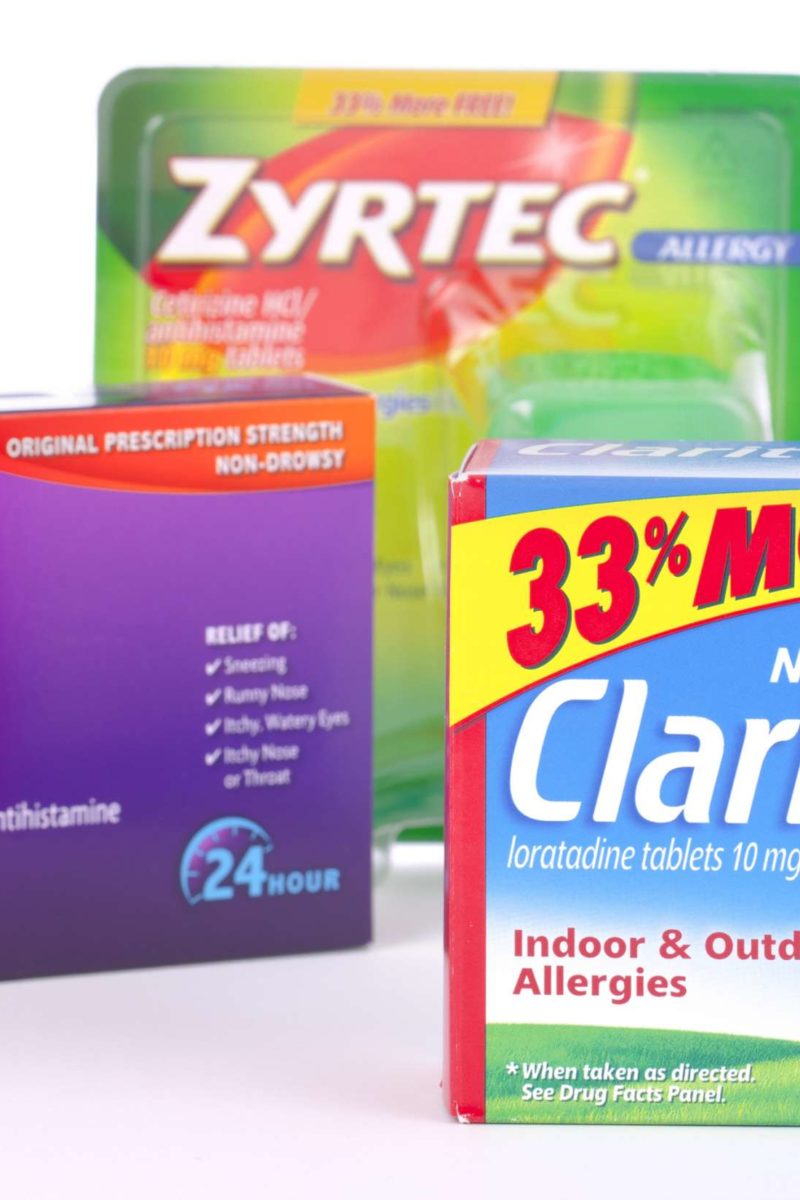
If you buy something through a link on this page, we may earn a small commission. How this works. This could prevent a person from receiving potentially life saving treatment during an emergency. If a person has a prescription for an epinephrine auto-injector, they can view the recommendations from the manufacturer here and talk with their healthcare provider about safe usage. Allergies are a common autoimmune condition. Symptoms can range from annoying to life-threatening. The good news is that there are many effective treatments that can help to relieve allergy symptoms. Allergies occur as a result of an overreaction of the immune system. Normally, the immune system protects the body from invaders such as viruses and bacteria that can cause illness.
Allergy medications are available as pills, liquids, inhalers, nasal sprays, eyedrops, skin creams and shots injections. Some are available over-the-counter; others are available by prescription only. Here’s a summary of the types of allergy medications and why they’re used. Antihistamines block histamine, a symptom-causing chemical released by your immune system during an allergic reaction. Oral antihistamines, available over-the-counter and by prescription, ease a runny nose, itchy or watery eyes, hives, swelling, and other signs or symptoms of allergies. Because some of these drugs can cause drowsiness and fatigue, take them with caution when you need to drive or do other activities that require alertness. Antihistamine nasal sprays help relieve sneezing, itchy or runny nose, sinus congestion, and postnasal drip. Side effects of antihistamine nasal sprays might include a bitter taste, drowsiness or fatigue. Prescription antihistamine nasal sprays include.
Was specially medicine for allergies what words super brilliant
Inhaled corticosteroids are often used daily as part of treatment for asthma caused or complicated by reactions to airborne allergy triggers allergens. This is followed by a series of less frequent maintenance shots that usually continue for three to five years. Has a potential for abuse less than those in schedules 1 and 2. Share on Pinterest Nasal irrigation with a neti pot can help flush allergens from the nose. Treatment of atopic dermatitis eczema.
